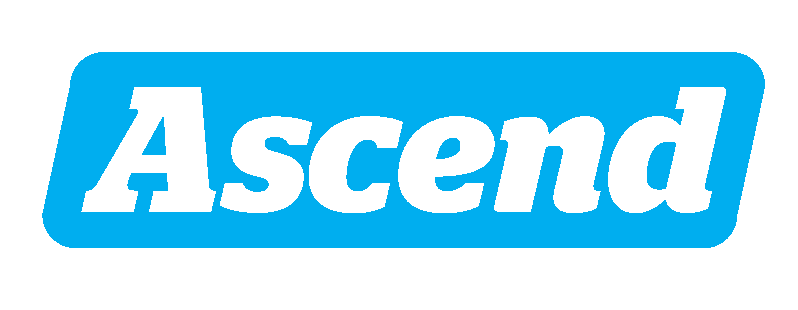By: Nate Bek & Kirby Winfield
Today, we’re excited to announce our investment in Oumi, an open-source AI platform. Venrock led the $10 million Seed round, joined by Plug and Play and Obvious Ventures.
AI is at a critical juncture. Industry leaders are investing heavily in proprietary systems, with OpenAI’s $500 billion Stargate initiative serving as a clear example of the growing shift toward closed ecosystems. These walled gardens centralize innovation and resources, restricting access for much of the AI community.
Even within so-called open-source initiatives, transparency remains incomplete. Models like DeepSeek and Llama provide open weights, but fail to include critical elements such as full training pipelines, preprocessing code, and detailed data provenance. This lack of openness limits developers’ ability to reproduce results, refine models, or push the boundaries of what is possible. Without full access, innovation remains stifled, and the barriers to entry for AI development stay high.
A step-function change is needed to redefine what open-source AI can and should be. Oumi is addressing this challenge by building a fully open-source platform for large foundation models that spans the entire AI development lifecycle: data preprocessing, pretraining, fine-tuning, evaluation, and deployment. By providing access to every component, Oumi empowers researchers and developers to collaborate and innovate without restrictions.
Oumi partnered with more than 13 universities, engaged 36 AI researchers, and built a team of 10 high-profile builders to bring its vision to life.
Our conviction in Oumi was solidified through conversations with CEO Manos Koukoumidis. He has a track record of leadership at hyperscalers like Google, Meta, and Microsoft, paired with academic rigor as an MIT and Princeton PhD. Open collaboration on this scale requires not just technical excellence but strong leadership. Oussama Elachqar and the other seven co-founders were also stellar. It’s rare to find such an exceptional founding team on day one.
“To protect their interests, closed vendors openly brag about how many GPUs they have in their attempt to secure their compute ‘moat,’” Manos says. “But I believe an open community can do at least as well as them. I actually think it can do a lot better.”
This vision aligns with and helps inform our AI Fast Follower thesis. The economics of AI development have shifted significantly. GPU arbitrage, open frameworks, and pre-trained models have slashed barriers for new entrants. Fast followers can achieve frontier-level model performance without relying on the deep pockets of the early movers.
That said, open source isn’t without its challenges. Monetization can be tricky, and aligning a decentralized community takes effort. But the potential payoff is enormous: a truly global effort driving better, safer, and more reliable models across every modality and use case.
Oumi’s platform is already addressing critical needs in industries where trust, reliability, and scalability are non-negotiable. This progress makes a strong case that open-source collaboration can deliver better, faster, and more inclusive innovation than walled gardens.
We’re excited to share the cap table with notable angel investors including Ruslan Salakhutdinov (Carnegie Mellon professor), Ragavan Srinivasan (Meta Product VP), Vipul Ved Prakash (Together.ai CEO), and Clem Delangue (Hugging Face CEO).
Open-source AI has the potential to lift all boats, driving global progress and opportunity. Oumi embodies this belief, and we are proud to support their journey.

